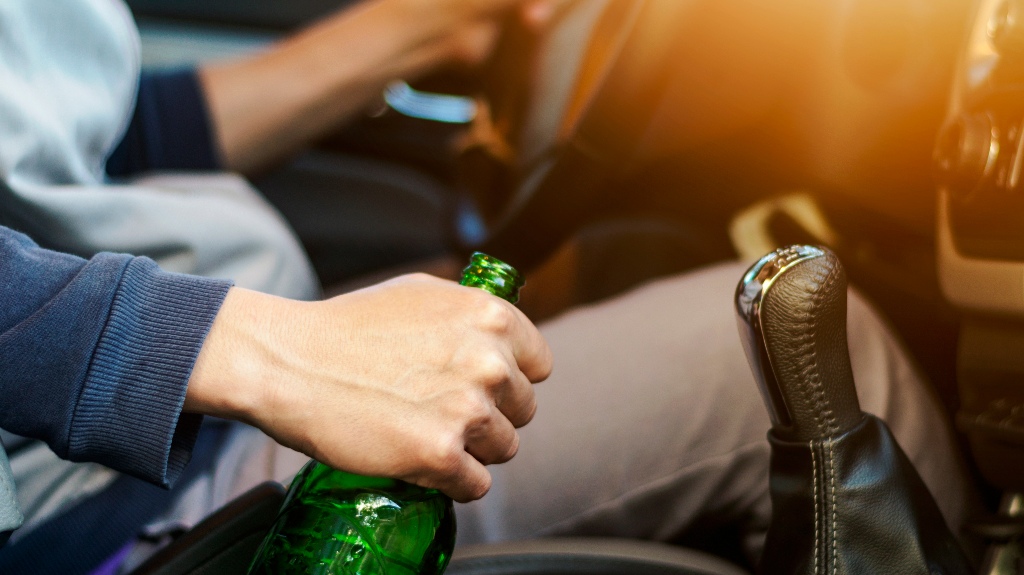If you’re facing driving while intoxicated (DWI) charges in Minnesota, it is crucial to understand your criminal defense options. A DWI conviction can have significant consequences. Sentences may include fines, license suspension, and jail. Minnesota law provides several defenses that may reduce or dismiss charges altogether. Minnesotan law enforcement agents must adhere to the Minnesota Implied Consent Advisory. It requires that officers advise drivers of their rights while undergoing testing for DWI. A skilled criminal defense attorney can advise you of your rights.
Challenging the Traffic Stop
One of the first potential defenses is questioning whether the traffic stop that led to your DWI arrest was lawful. The Fourth Amendment requires police officers to have reasonable suspicion to pull someone over. A stop may be unlawful if they cannot show a valid reason. Valid reasons may include erratic driving, a broken taillight, or another violation. Any evidence collected after an unlawful stop cannot be used in court. The lack of evidence can weaken the prosecution’s case significantly and may result in a dismissal of charges.
Questioning Test Results
Police officers commonly use field sobriety tests to determine whether a driver is impaired. These tests often include the one-leg stand, walk-and-turn, and eye movement tests. However, field sobriety tests are subjective and can be unreliable. Numerous factors, including anxiety, medical conditions, weather, or uneven ground, can affect a person’s ability to perform these tasks. An experienced DWI defense attorney may argue that the test results were skewed or that the tests were not administered properly. A successful argument will call the evidence into question.
Breathalyzer tests are often used to measure blood alcohol concentration (BAC) but are not foolproof. Many complications can impact the accuracy of breath test results.
- Breathalyzers must be regularly calibrated and maintained, or the results may be inaccurate.
- The breathalyzer might register a higher BAC than is accurate if you have recently used mouthwash, cough syrup, or another substance containing alcohol.
- Acid reflux or GERD can create false positives by allowing alcohol vapor from the stomach to rise into the mouth.
A skilled attorney can examine the circumstances of the breath test to determine whether it was administered correctly and whether the results can be trusted. This evidence can be challenged and weaken the prosecution’s case.
Medical Conditions or Dietary Factors
Certain medical conditions, such as hypoglycemia or diabetes, may produce symptoms that resemble intoxication, including dizziness, slurred speech, and confusion. Some diets may also create inaccurate readings on breathalyzers. If medical conditions or dietary factors contributed to your alleged impairment or test results, an attorney can work with medical experts to demonstrate this to the court.
Seeking Legal Assistance
Getting charged with a DWI in Minnesota can be overwhelming. However, many ways to defend yourself could lessen the charges or even get them dropped entirely. You can question the legality of the stop or challenge the results of the field test of breathelyzer. Medical reasons or diet may explain why you seemed impaired. Talking to a qualified attorney who knows about DWI cases in Minnesota is necessary.
Skilled legal counsel from 29th and Law can help you determine which defenses might work for you and create the best plan for the best possible result. Remember, you have options and should not go through this alone. It’s crucial to consult an experienced criminal defense attorney who can guide you through the process. Please contact us or call (218) 770-9764.

